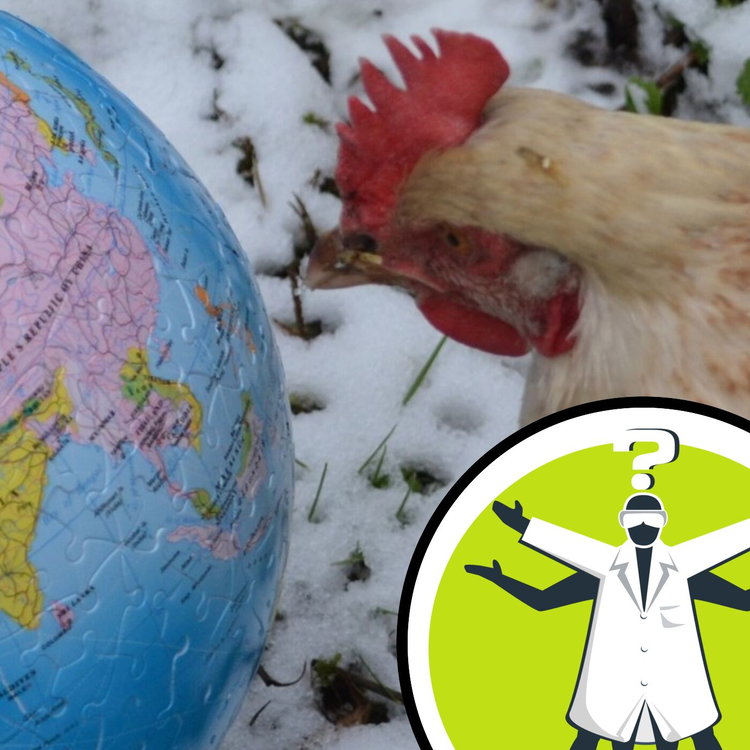
How do animals adapt to a changing magnetic field?
Loading player...
Alan writes in, acknowledging that many animals use the Earth's magnetic field for navigation purposes. Given the shifts in poles and field intensity we experience due to convection currents in the Earth's core, how do they stay on course? James Tytko asked Miriam Liedvogel, professor of ornithology, to help find the answer... James - The best supported ideas include the presence of a tiny compass needle of magnetic iron oxide in the beaks of some birds. Or there's the radical pair hypothesis, which explains magnetoreception with quantum mechanics. Mirjam Liedvogel is director of the Institute... Like this podcast? Please help us by supporting the Naked Scientists





